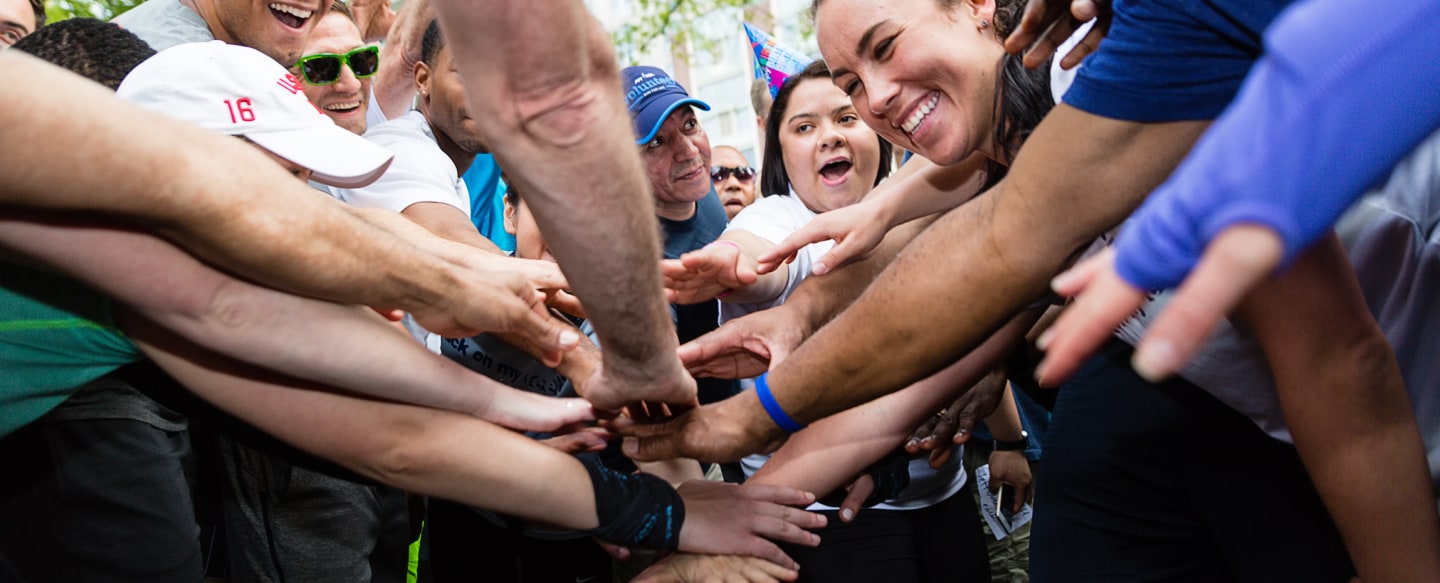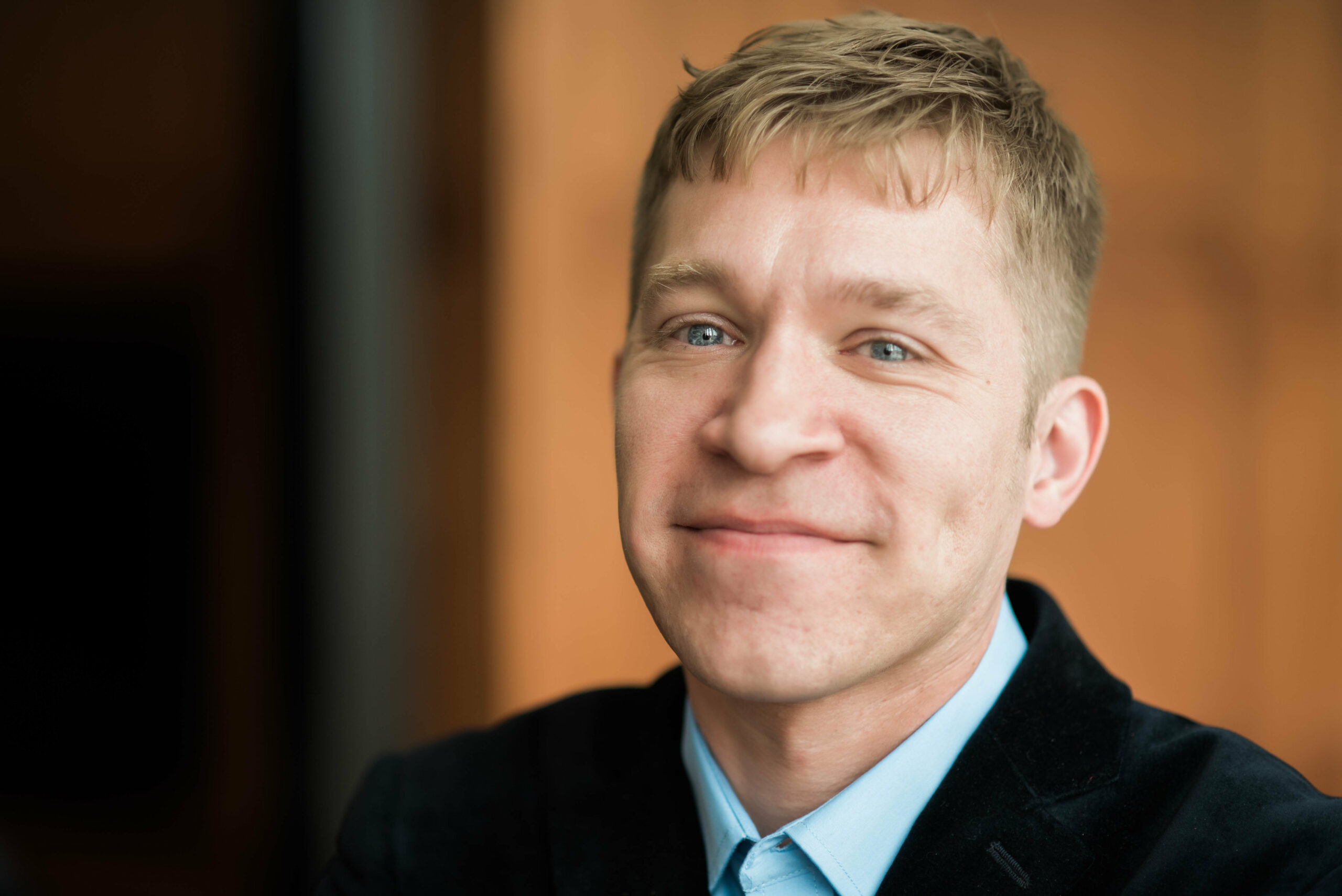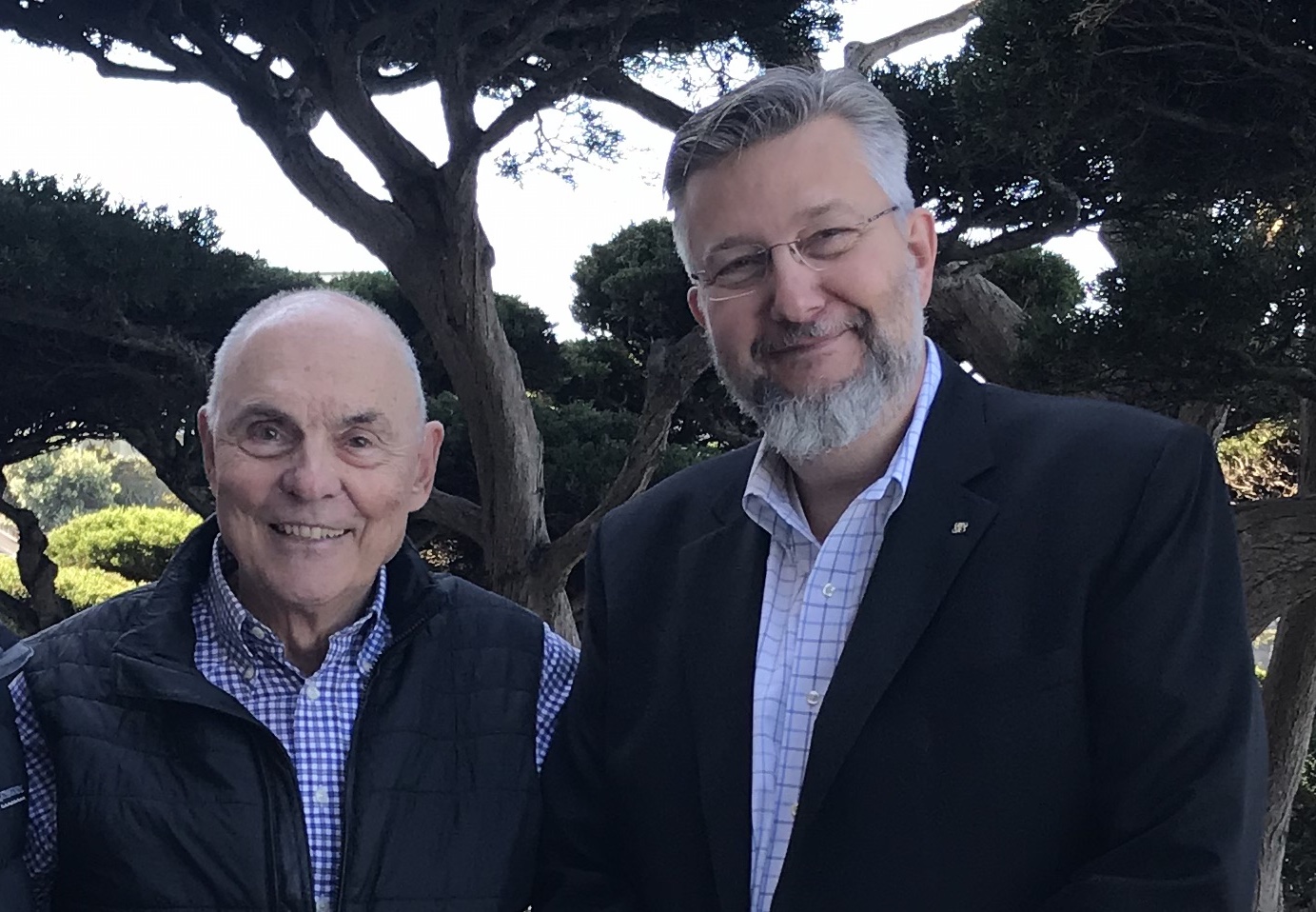In the fall of 2009, the United States officially had emerged from the Great Recession, but the nation’s jobless rate still lingered near 10 percent. Millions of families were stuck in homes with underwater mortgages, wages were stagnant, and inequality was rising.
Americans, to put it mildly, were pessimistic.
Chapman University Professor Bart Wilson was not, and at a faculty reading group that term, he let his colleagues know it. The nation had just come out of one of the most severe economic downturns in its history, but American families still were better off than they’d been even a half century earlier, Wilson argued. Wilson recalled that, during that conversation, he rattled off statistics about exponentially increasing world GDP per capita, doubling global cereal harvest even with the same number of acres harvested, and improving world average life expectancy.
“I’d never heard anything like it,” explained Jan Osborn, a professor in Chapman’s Department of English. “Bart’s outlook was so different, and he was asking different questions.” Osborn noted she herself possessed a much more negative view of the private sphere’s ability to address social problems like income inequality. “But I was intrigued, and I wanted to engage with these ideas.”
Wilson invited Osborn to meet again and to talk about why students and teachers of economics, in general, tended to be optimistic about the future of the economy and society while students and teachers of humanities were less so. They discussed what role economics plays in “being human” and how the two disciplines could come together to help advance individual and social progress.
Over that meeting, and a few others, Wilson and Osborn developed an idea for a seminar for Chapman’s First-Year Foundations Program, a portion of the school’s general education curriculum that all first-year students take as an introduction to university-level inquiry.
The school approved the course, and in the fall of 2010 Osborn and Wilson taught their first First-Year Foundations Course (FFC) for 30 students. The course sought to answer three questions: What makes a rich nation rich? What makes a good person good? And what do these questions have to do with one another? The students—and Osborn and Wilson—read two primary texts in tandem, The Grapes of Wrath by John Steinbeck and The Rational Optimist: How Prosperity Evolves by Matt Ridley.
“We wanted the students to have a discussion about the tensions of commerce in the modern age,” Wilson explained, and he and Osborn believed the best way to achieve that was to have the students work through the harsh economic realities of Grapes at the very same time they were engaging with Ridley’s almost ebullient discussion of human progress.
“Each book questioned the other’s premise,” Osborn explained. “It was essential to read them at the same time.” Osborn, Wilson, and their students also read “The Devil and Tom Walker” by Washington Irving, selections from The Bourgeois Virtues by Deirdre N. McCloskey, and Death of a Salesman by Arthur Miller and watched Oliver Stone’s movie Wall Street.
The format was challenging, even for Osborn and Wilson. “I was exhausted at the end of the term,” Osborn said. “The experience was humbling, and even frightening. From graduate school on, academics stick closely to their own discipline and, within that, their own expertise. In this course, I was engaging ideas I wasn’t used to and, often, disagreed with. Every day was fraught.”
If the professors emerged from that first course exhausted, the students came through energized. Immediately they asked Osborn and Wilson, “What’s next?”
Though neither had planned to teach the course again, or to bring something similar to students beyond the first year, they outlined a plan for what they would call a Presidential Seminar. Modeled after Oxford University’s High Table, it was to be a series of dinners where students and faculty could discuss philosophy, the arts and humanities, and economics.
The Seminar, which has convened every semester since the fall of 2011, retains the FFC dialogic approach. Students in the first seminar read Bourgeois Dignity, also by Deirdre McCloskey, and Pride and Prejudice by Jane Austen. More recently, in the spring of 2018, students read The Complacent Class: The Self-Defeating Quest for the American Dream by Tyler Cowen and The Locals by Jonathan Dee. Both books were published in 2017. Osborn explained that while the classics are frequently a focus, she and Wilson ensure the class has the chance to engage with a diverse array of contemporary philosophy, nonfiction, and fiction as well.
After the continuation of their first-year course and several successful Presidential Seminars, students again approached Osborn and Wilson, asking “What’s next?”
The professors launched an upper-division interterm course in 2014 and developed the Smith Institute for Political Economy and Philosophy in 2016. At the time, Wilson explained the institute’s mission was the same one he and Osborn began with six years before: “To reintegrate the study of the humanities and economics” and to ask what makes good people good and rich nations rich. Osborn and Wilson expanded the number of faculty involved in the program and advised students on a self-designed minor called Humanomics that “challenges the perceived tensions between economics and humanities.” Like the texts the students read, the Institute’s faculty come from a diverse array of backgrounds and disciplines.
Wilson says demand for the program’s expansion has been incredible. “The students really generated this line of inquiry,” he said. Several have worked with Osborn and Wilson to publish academic papers. The latest, written with three students, is called “A Theory of Sociality, Morality, and Monsters: Adam Smith and Mary Shelley.” It explores the connection between human sociality and morality using Smith’s Theory of Moral Sentiments and Shelley’s Frankenstein. Osborn, Wilson, and their students theorize that Smith and Shelley share a common project to connect humanity with mutuality. Or, as Wilson explained, Shelley and Smith both believe an individual’s capacity to be virtuous is associated with their ability to be connected to and accepted by society.
Wilson says literature has a lot to teach economists about how humans interact and about how they work together to create economic growth. The course has brought those lessons to his scholarship, and to the students.
As for Osborn: has this work transformed her into a rational optimist?
Not precisely. “I call it complicated optimism,” explained Osborn. “Like college, there’s no easy ‘A’ answer. But I believe if we discuss, and we listen and we engage—especially with ideas and people we don’t reflexively agree with—eventually we can find answers to the economic and social questions that today are so worrying.”
That’s not far from the pursuit Matt Ridley described in The Rational Optimist. Ridley said his book “dares the human race to embrace change, to be rationally optimistic and thereby to strive for the betterment of humankind and the world it inhabits.”
Osborn still finds her Humanomics courses to be some of the most exhausting to teach, but she also continues to find them incredibly rewarding.
Based on demand, it’s clear Chapman University students feel the same.
View the 2018 Charles Koch Foundation agreement with Chapman University











